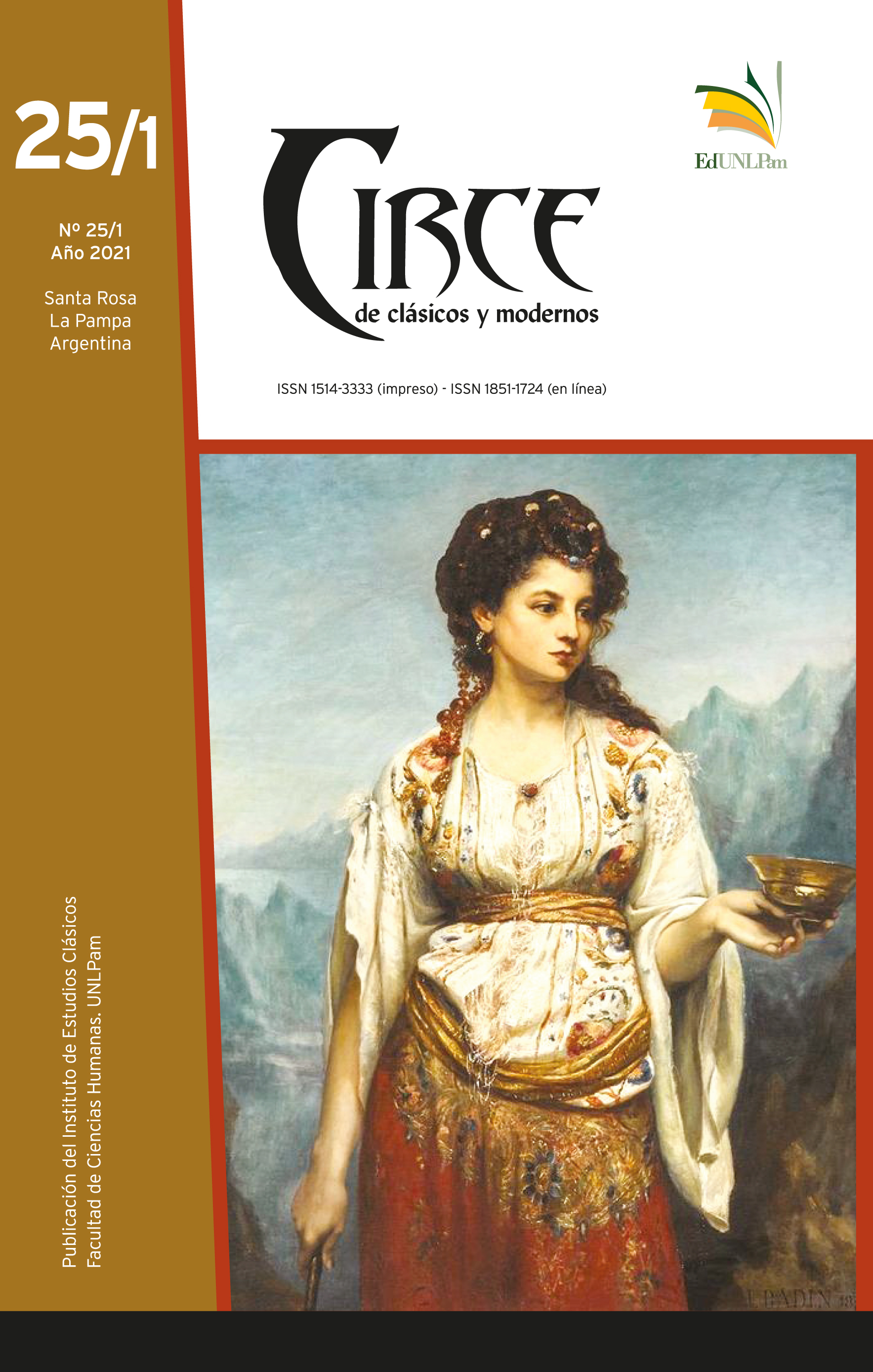Emotions in Antiquity: Indignation and Envy in Aristotle and Aristophanes
Keywords:
indignation, envy, Aristotle, Aristophanes, emotionsAbstract
The study of emotions in Antiquity has burst in the last decades. In its development, the Aristotelian systematization of affections (πάθη) (“Book II” of his Rhetoric) has received special attention. In this context, it has been noticed that the emotion of ‘indignation’, as it is defined by the Stagirite (a painful feeling produced by the perception of undeserved prosperity, Rhetoric 1387a8-9) would not have been named by the Greeks as he did it (τὸ νεμεσᾶν). The objection is founded, above all, on the testimonies of forensic speeches (4th century BC). Our proposal incorporates the testimony of Aristophanic comedy into the discussion, since indignation has been considered by many (Cooper, Golden, rosenbloom, among others) the typical emotion of comedy.
Downloads
Downloads
Published
Issue
Section
License
Los autores que tengan publicaciones con esta revista, aceptan los términos siguientes referidos a los derechos de autor/a:
1. Los autores/as conservarán sus derechos de autor y garantizarán a la revista el derecho de primera publicación de su obra, el cuál estará simultáneamente sujeto a la Licencia de reconocimiento de Licencia Creative Commons Atribución-NoComercial-CompartirIgual 4.0 Internacional (http://creativecommons.org/licenses/by-nc-sa/4.0/). que permite a terceros compartir la obra siempre que se indique su autor y su primera publicación esta revista. El autor es el titular del copyright.
2. Los autores/as podrán adoptar otros acuerdos de licencia no exclusiva de distribución de la versión de la obra publicada (postprint) siempre que se indique la publicación inicial en esta revista. La cesión de derechos no exclusivos implica también la autorización por parte de los autores para que el trabajo sea depositado en el repositorio institucional y difundido a través de las bases de datos que el editor considere adecuadas para su indización, con miras a incrementar la visibilidad de la publicación y de sus autores.
3. Se permite y recomienda a los autores/as difundir su obra a través de Internet antes y durante el proceso de envío, lo cual puede producir intercambios interesantes y aumentar las citas de la obra publicada.







.jpg)









2.png)



